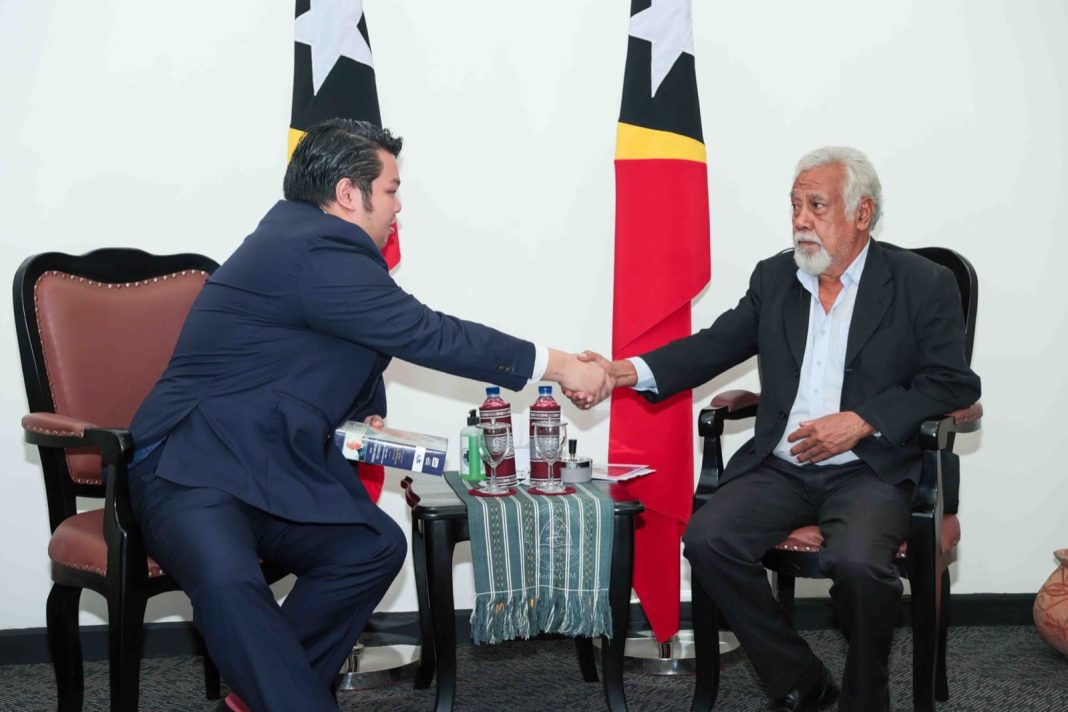Capital Group Timor-Leste announces the launch of a new recruiting program for 150 staff for the BPO (Business Process Outsourcing) project that will open in the middle of this year.
BPO is the first large-scale project in Timor-Leste that focuses on the digital economy and seeks to employ and train a large number of Timor–Leste staff.
Several companies, in various sectors, have shown interest in using the new BPO which means more jobs will be created this year, along with the expansion of the project.
The Capital Group Timor-Leste management team presented the new project to Timorese Prime Minister Kay Rala Xanana Gusmão, hosted by the Government Office, Dili.
BPO which is currently being installed in the new building in Dili, ETO Tower, includes training facilities and agents and supervisors will receive training before being hired.
“This is an exciting opportunity for young people in Timor-Leste to train and work in a new sector, earn a salary above average, and be part of a big new project for the country. The group is committed to creating jobs in Timor-Leste and the project has ambitions to grow significantly in the next few years,” said Antonio Sampaio, Chief Operations Officer (COO) of Capital Group Timor-Leste.
He affirmed that Capital Group wants to contribute to improving the lives of Timorese people and communities, and wants to be part of transformational change, which helps empower new generations and skills growth in the economy and the country as a whole.
Staff will be selected for paid training and future employment through a three-step recruitment process that includes an online test to be completed in English or Portuguese, a face-to-face test, and finally an interview.
“We are looking for people who are committed, have a minimum of high school graduation, like to work with computers, can speak English or Portuguese, and have a high degree of attention to detail. Women, persons with disabilities, and members of the LGBTQI+ community are strongly encouraged to apply,” he said.
The project seeks to respond to the growing need for new jobs in Timor-Leste while focusing on some of the government’s top priorities, such as economic diversification and growth, human resource development, domestic and private IT sector growth, investment, and more.





